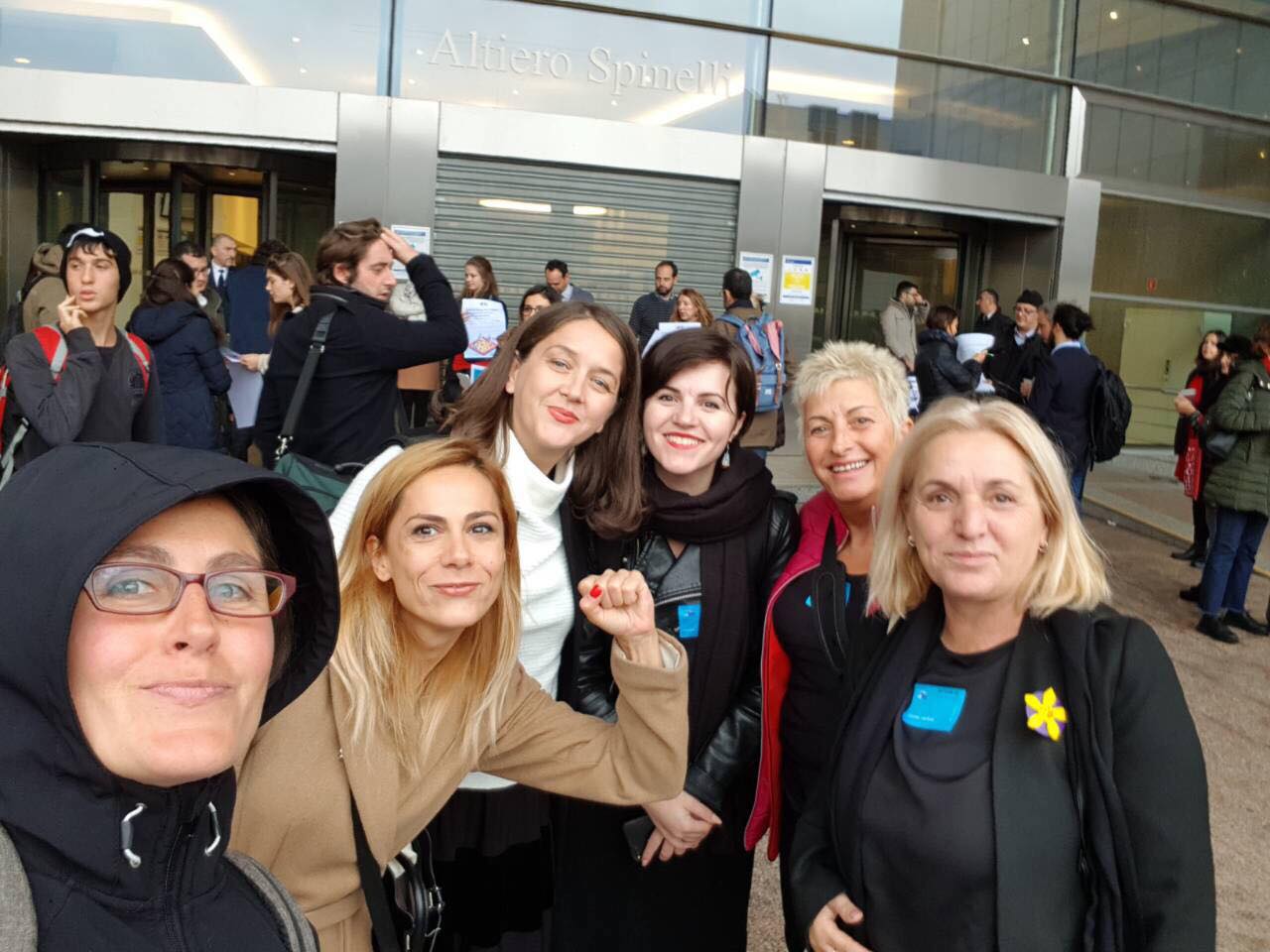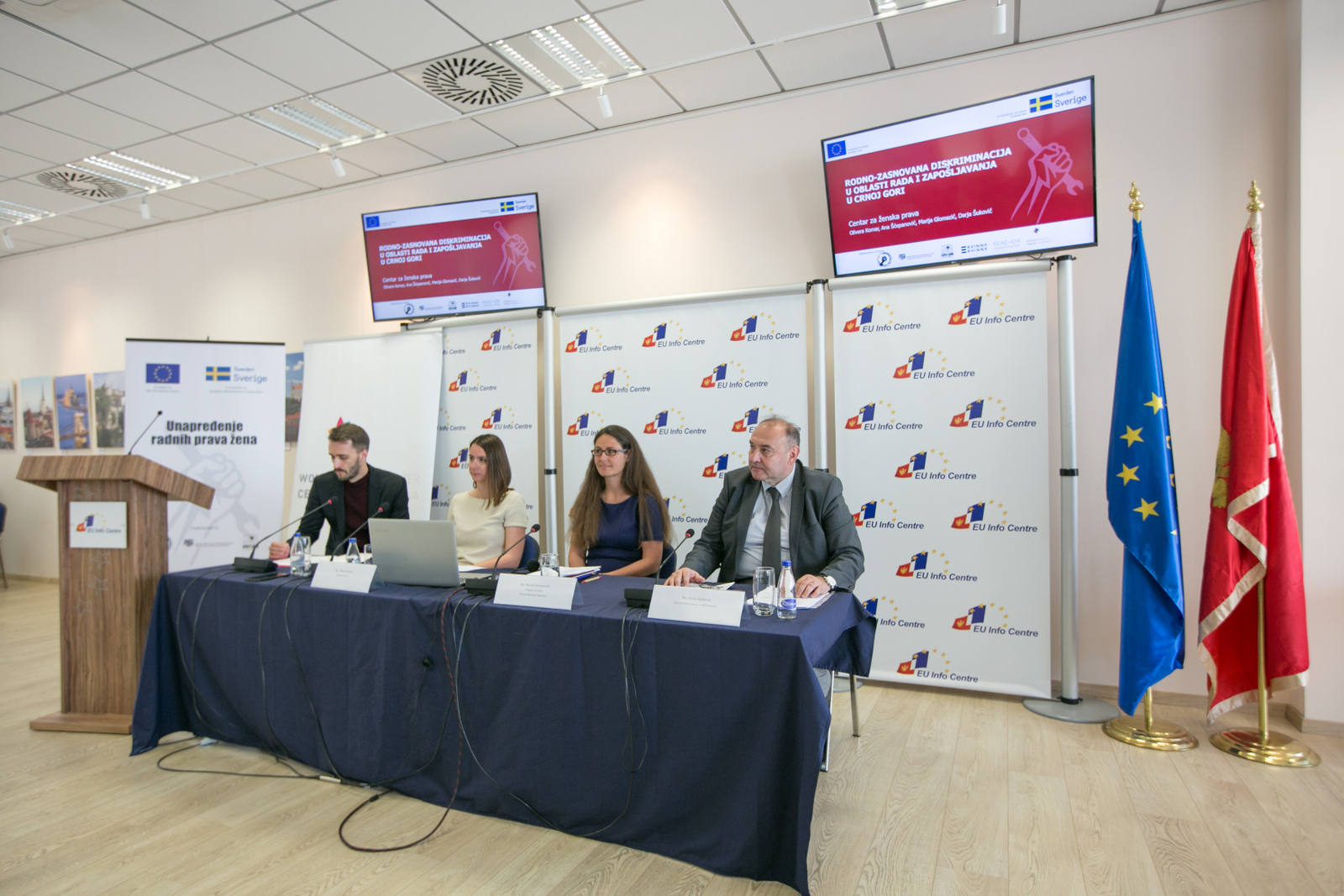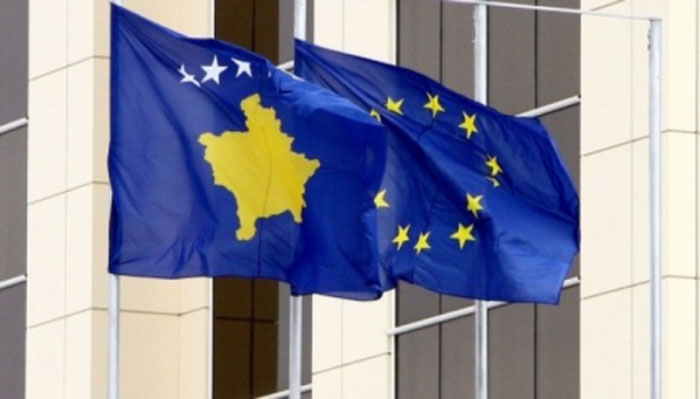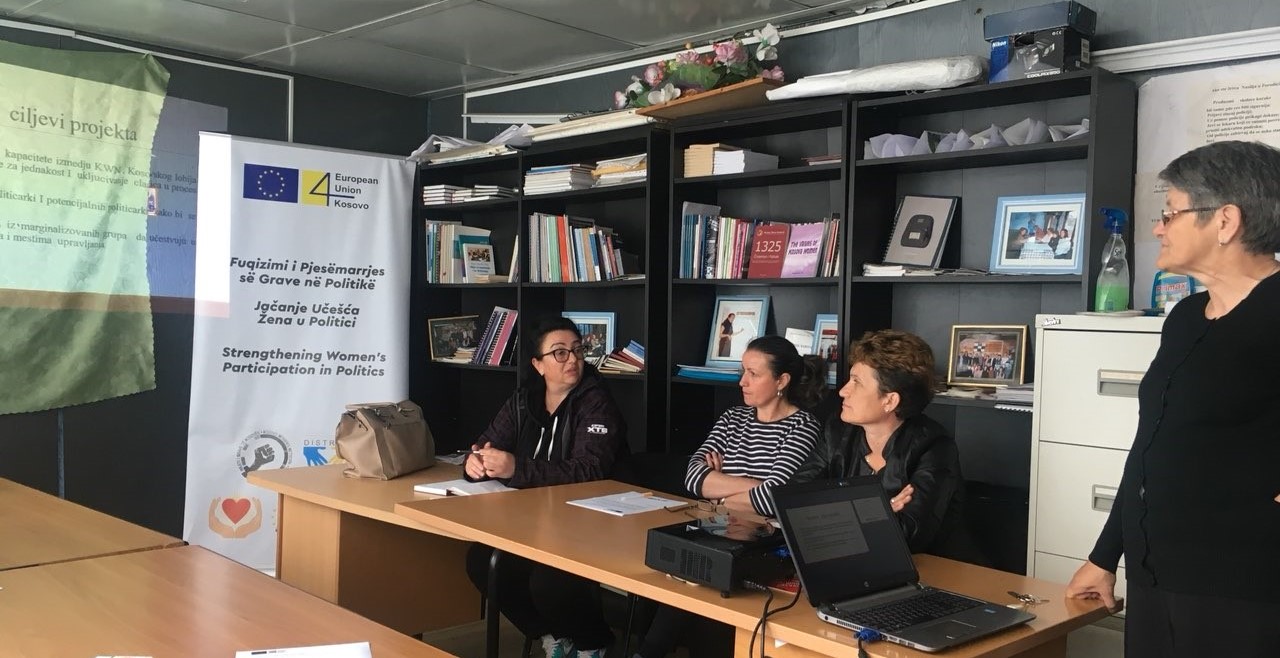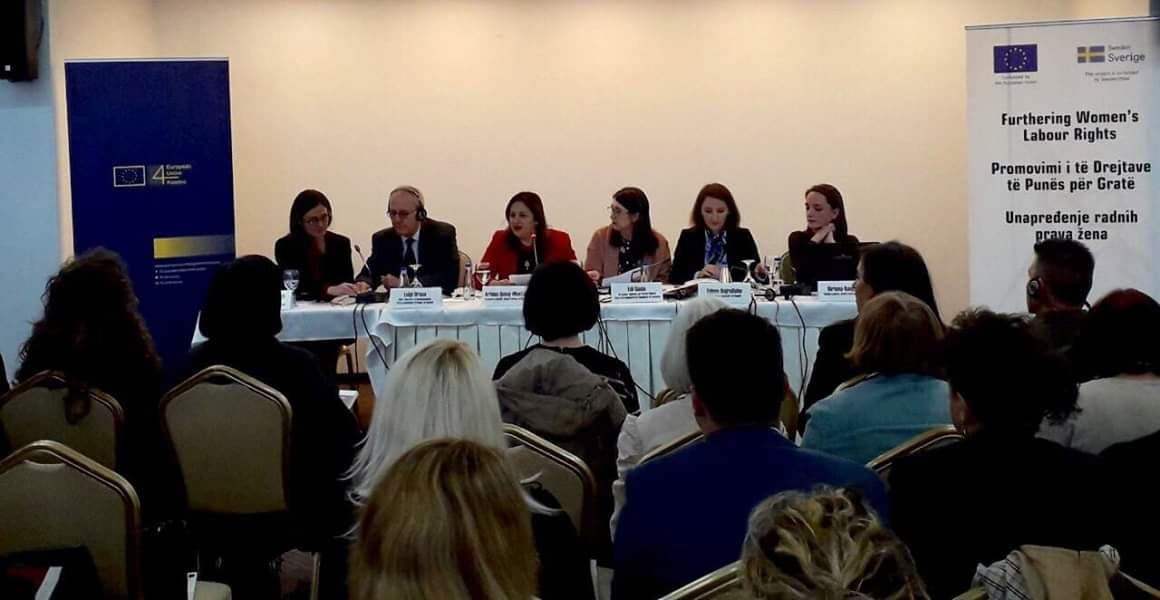On Nov. 5-9, several representatives and members of the Kosovo Women’s Network (KWN), together with other women’s rights organizations from the region, went to Brussels to meet members of the European Parliament, the European Commission and the European External Action Service in order to advocate for an improved gender perspective in the EU Accession Process. Key advocacy points have included the need to: include attention to gender-based violence in the Acquis chapters related to judiciary and fundamental rights (23) and justice, freedom and security (24); to consult with women’s rights organizations as part of accession processes, in accordance with United Nations Security Council Resolution 1325 on Women, Peace and Security and the EU Gender Action Plan II; and the need to better resource women’s rights groups and movements for their work in support of informing EU accession reforms with their expertise, advocating for reforms, raising awareness, and holding their governments accountable.
More specifically, KWN and the Kosovar Gender Studies Centre met with the Desk Officer for Kosovo, Julia Mueller-Hellmann, to provide input for the Kosovo Report (formerly known as progress report), regarding critical human rights issues in Kosovo.
They also met Member of the European Parliament (MEP) Igor Soltes, Parliamentary Rapporteur on Kosovo, to discuss better reflecting a gender perspective in political dialogues between the EU and Kosovo, as well as visa liberalization.
At a luncheon with MEPs, including from the Foreign Affairs and FEMM Committees, KWN Program Director Nicole Farnsworth presented on the needs of women’s rights groups in the region. This and issues presented by other women’s rights activists related to women’s political participation and violence against women will inform a draft parliamentary resolution being prepared by MEP Biljana Borzan in the FEMM Committee regarding gender equality in Western Balkan countries.
Other meetings took place with the European Commission and EEAS, during which additional strategies for furthering women’s inclusion in the EU Accession process were discussed.
This important annual advocacy trip is supported by the Kvinna till Kvinna Foundation.

